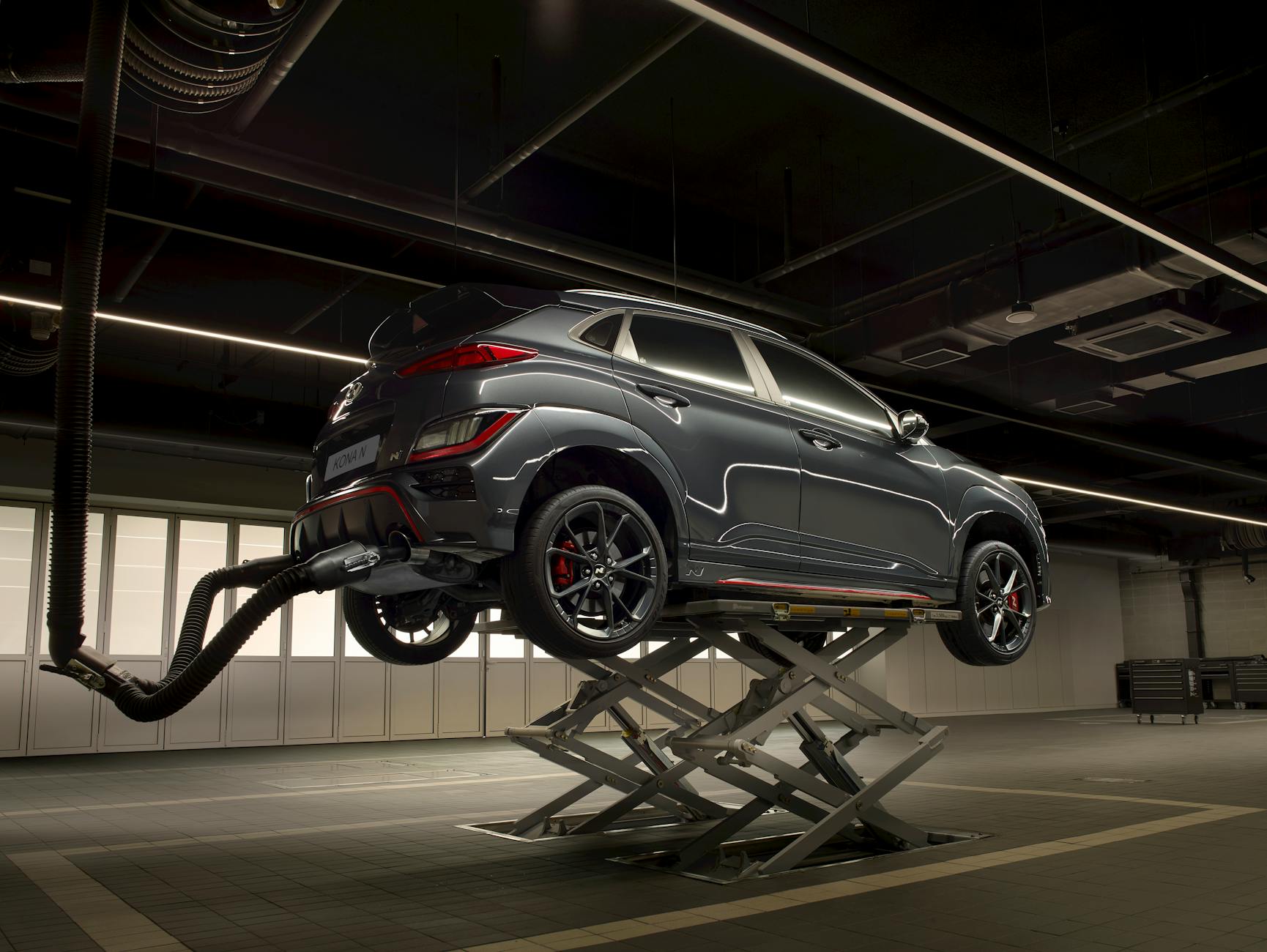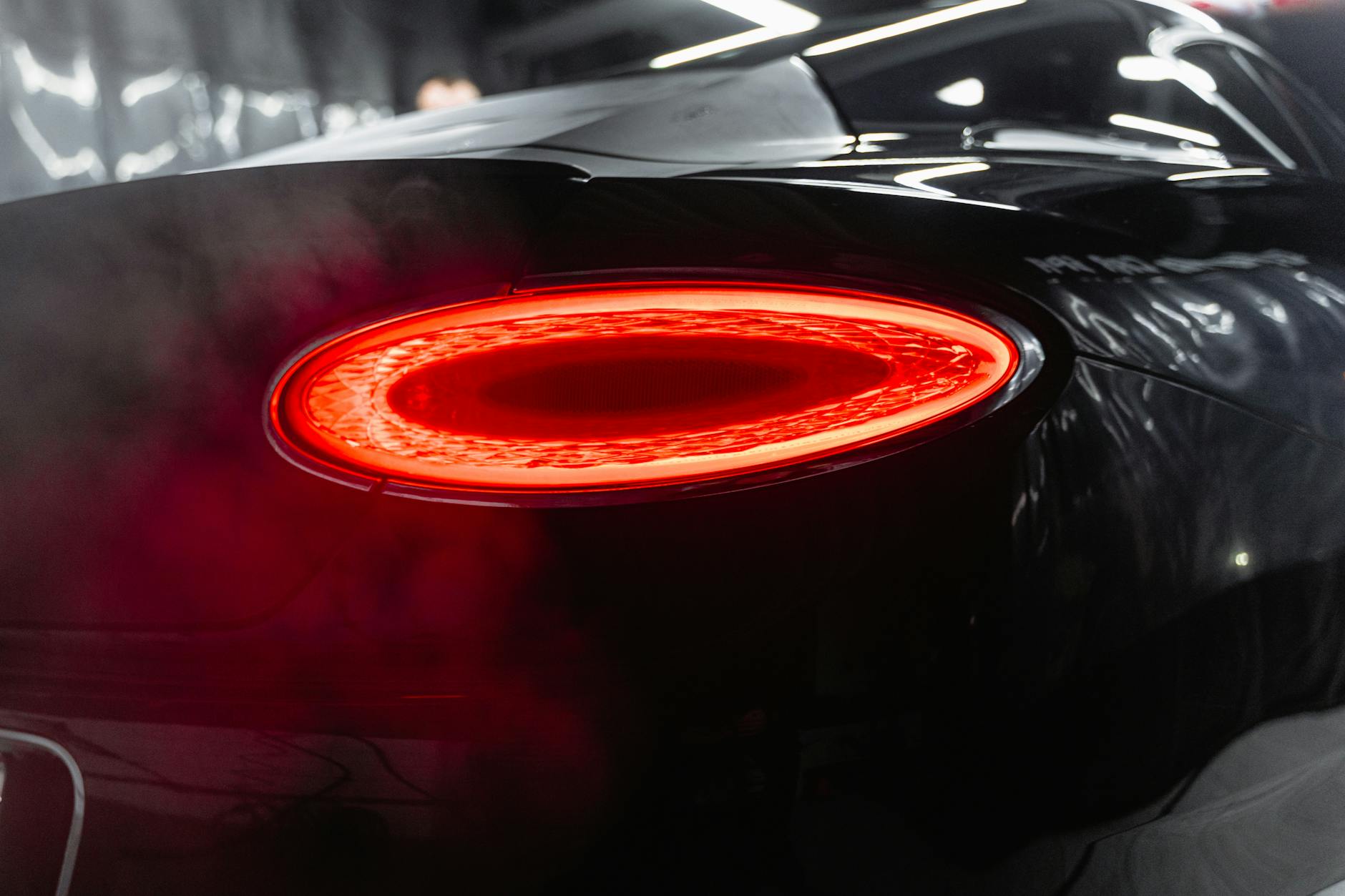How to Evaluate Used Cars in Australia for Engineering Excellence

Identifying Engineering Excellence
When considering used cars, understanding key engineering factors is vital. If you're eyeing second hand cars Sydney, it's crucial to investigate its engine performance indicators. This involves examining horsepower, torque, and fuel efficiency. Also, keep an eye on any unusual noises or emissions. These elements paint a picture of the car's current functioning. Referring to recent car exhibitions at the International Convention Centre can offer insights into how similar models perform in controlled environments.
Engine Performance Indicators
Next, examining drivetrain and transmission systems reveals how well past services have been maintained. A continuous attention to detail is key here—underestimating small shifts or slips in the transmission can lead to costly repairs down the line. This scrutiny is common knowledge among visitors to repair workshops in Alexandria, a hub for mechanical precision.
Drivetrain and Transmission Checks
The dynamic aspects of a vehicle, like stability and steering response, should also be under the spotlight. A used mitsubishi, for instance, may catch your eye for its reputation but validating these aspects will ensure satisfaction. With Sydney’s sustainable engineering events focusing more on eco-friendly mechanics, keeping abreast of new dynamics is wise.
Assessing Vehicle Dynamics
Engaging in engineering evaluations tailored to specific makes and models ensures your investment aligns with both your performance expectations and budgetary constraints. These measures are a nod to engineering excellence, providing peace of mind as you hone in on the perfect car for your needs.
Examining Mechanical Integrity
Inspecting Suspension Systems
Examining the suspension system gives a clear idea of a used car's ride comfort and handling capabilities. For vehicles like the used Subaru that are designed for rugged terrains, it’s crucial to ensure the suspension is robust enough to handle varying road conditions. Begin by inspecting for any visible leaks or wear in the shocks and struts. Pay attention to unusual noises during a test drive, which could indicate worn-out bushings or joints. At repair workshops in Alexandria, mechanics rely on specialised tools to evaluate the precise condition of a suspension system, ensuring each component performs optimally.
Evaluating Brake Functionality
Brake inspections should never be overlooked, especially for those considering the refined performance of a 2nd hand Ford Ranger. Verify the brake pads and rotors for even wear and check the brake fluid level for any signs of contamination. A brake test should include an inspection for vibrations or squealing noises when applying the brakes, both indicators of potential problems. Incorporating engineering evaluations can pinpoint subtle issues that might not be apparent at first glance.
Structural and Frame Assessment
Assessing the structural integrity is pivotal when evaluating a car's longevity and safety. Examine the frame and undercarriage for rust, dents, or welds that could signify past damage or repairs. The tools and techniques used in sustainable engineering events in the Sydney CBD can be beneficial here, emphasising the importance of a strong foundation for long-term performance. Experienced engineers know the significance of ensuring a car’s frame aligns with manufacturer specifications, which directly impacts overall vehicle stability.
Investigating Electrical and Electronic Systems
Understanding the complexities of electrical and electronic systems in used vehicles is pivotal for ensuring the car's overall performance. One of the first aspects you should explore is testing circuit integrity. A thorough examination involves inspecting the car's battery, alternator, and starter system. Use a multimeter to measure voltage and resistance to ensure all components are functioning seamlessly.
Reviewing Software and Diagnostics
Next, focus on reviewing software and diagnostics. Modern vehicles, including a second hand Toyota RAV4, are equipped with onboard diagnostic systems that help identify any faults. Using an OBD-II scanner, connect to the vehicle's computer system, and interpret the codes to detect issues related to the engine, transmission, or other essential systems. This step not only offers insights into existing problems but also helps predict potential failures.
Verifying Sensor and Wiring Health
Finally, verify the health of sensors and wiring. As vehicles become increasingly reliant on technology, ensuring sensors are clean and undamaged is crucial. Visually inspect the wiring for any signs of wear or corrosion, especially in areas exposed to heat and moisture. Make a stop at one of the repair workshops in Alexandria for a more in-depth sensor calibration and wiring inspection if needed.
Integrating these engineering evaluations into your assessment process can effectively enhance your understanding of a car's reliability. Empower yourself with the knowledge gained from attending car exhibitions at the International Convention Centre, and bring this expertise to your next vehicle purchase.
Evaluating Sustainability Features
Fuel Efficiency Analysis
When considering a 2nd hand Hyundai i30, one aspect to examine is fuel efficiency, especially since older models might not incorporate the latest fuel-saving technologies. The first step in your assessment should be reviewing the vehicle's historical fuel economy records. This not only provides a snapshot of its past performance but also highlights any potential red flags. I advise using tools like fuel efficiency calculators which you can find online to cross-verify these figures.
Hybrid and Electric Compatibility
A key consideration when assessing a vehicle's sustainability is its compatibility with hybrid or electric technology. Although not all used cars come fitted with these features, understanding their potential integration is crucial for long-term sustainability goals. Investigate whether retrofitting is feasible or if the model can naturally support hybrid systems, which adds value to its environmental credentials and future-proofing.
Emissions and Compliance Verification
Lastly, it's imperative to verify emissions and compliance. Some older vehicles might not meet recent standards, impacting both environmental goals and registration legality. Ensuring that your car adheres to current emissions standards in New South Wales can be checked at regulated centres around Sydney and involves evaluating exhaust systems for any modifications or damages. This accounts not only for environmental impact but also aligns with the latest compliance mandates.
By diligently evaluating these factors, you'll have a solid foundation for making an informed decision. Your engineering expertise will surely guide you in choosing a vehicle that marries performance with sustainability attributes.
Avoiding Critical Errors in Used Car Evaluation
Skipping Maintenance Records
In my experience as a vehicle reliability consultant, one frequent oversight is neglecting to thoroughly review the maintenance records of a used car. This oversight can lead to costly surprises down the track if the vehicle hasn't been regularly serviced. Always request the car's full service history, and cross-reference it with the manufacturer's guideline to ensure that key services have been completed. Missing documentation might mean previous owners have been lax in maintaining the car, possibly masking deeper issues. Think of it like attending car exhibitions at the International Convention Centre; just as you'd scrutinise engineering evaluations, you should be equally meticulous with service records.
Overlooking Test Drive Details
Ignoring the nuances of a test drive can result in purchasing a car that might glimmer at first but ends up in a repair workshops in Alexandria sooner than expected. Pay attention to the sensation of the steering, check for any hesitations during acceleration, and listen for unusual noises. Test the car on varied road conditions to evaluate its drivetrain and transmission performance. A perceptive test drive often reveals issues that aren't visible to the naked eye, akin to how a sustainable engineering event in the Sydney CBD highlights innovation beyond aesthetics.
Neglecting Wear and Tear Indicators
One must never underestimate the importance of identifying critical wear and tear signs. Examine the car thoroughly for even tyre wear, brake pad status, and kilojoule readings which indicate fuel consumption efficiency. Small indicators like these often suggest larger mechanical or alignment problems. This scrutiny is akin to engineering evaluations, where every detail holds significance in the overall functionality and longevity of the vehicle. Through this meticulous and informed approach, you'll feel at ease and empowered in selecting a car that meets both your enthusiasm for cars and commitment to sustainability.


